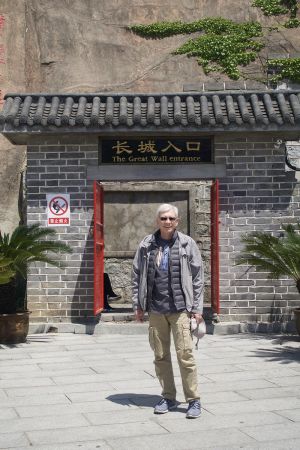An account is required to join the Society, renew annual memberships online, register for the Annual Meeting, and access the journals Practicing Anthropology and Human Organization
- Hello Guest!|Log In | Register
 John Young
John Young
Oregon State Univ
In the historical interview published in this newsletter, Don Stull and I discussed the age-old question of why anthropologists have so little impact on policy and legislation, even though we think we have much to offer. I regret failing to mention two strategic initiatives designed for taking collective action:
-
During my term as Secretary, 1991-94, Barbara Johnston brought to my attention a pending United Nations resolution on human rights and the environment, which I inserted in the Board Meeting agenda. Board members discussed the resolution and sent our endorsement to the UN. Later the UN importantly passed the resolution.
-
In my role as president from 1997-99, I appointed Joe Heyman to chair a standing policy committee charged with evaluating and sending forward in a timely manner requests by SfAA members to endorse pending federal legislation. Board members were to vote on each endorsement by email. With deference to SfAA’s nonprofit status, we required research results to back up the endorsements and did not lobby, either to serve the interests of SfAA as an organization, or to secure benefits for its members. Before going ahead with this plan, we sought the advice of a lawyer who found no legal jeopardy. Our first endorsement, sent to the White House and Congressional leaders, was a bill that provided several protections for farm workers. Joe Heyman’s own research provided the rationale for recommending passage of the bill. Not long after we had received acknowledgement of our submission, the bill passed the House and Senate, and was signed by President Bill Clinton. Later a second endorsement on another bill was similarly successful.
The ideological climate now prevailing in Washington, D.C. may not be conducive to linking research to policy and legislation, but our earlier efforts show that under certain circumstances the SfAA, acting as a body of professional experts, not partisans, can be successful in providing a channel for effective action. However, maintaining our organizational integrity does not preclude exerting our individual rights as citizens to use our expertise in the political arena. I have twice in my career done research and writing on issues for receptive political candidates, the most recent in the summer of 2018.

Cart
Search